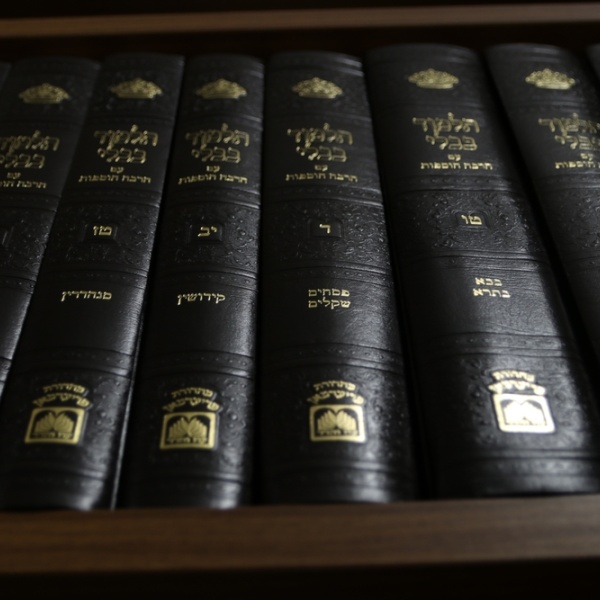
| Sotah
In our last post we discussed how a rasha arum, a cunning evildoer, is amongst the mevali olam, those who are destroyers of the world. We focused on two aspects of such a person - those that relate to religious hypocrisy. I would now like to discuss the four cases dealing with monetary cunning and deceit.
“Who is a cunning evildoer...Rav Yochanan says: He who explains his case to the judge before the other party to the suit arrives” (Sotah 21b). Fairness demands that litigants get equal time before a judge; having a few minutes to schmooze with the one who determines guilt or innocence gives one an unfair advantage. Such is all the more egregious as the court case itself is unaffected and no one, including the judge[1] is likely aware of the wrong committed.
While presenting one’s arguments to a judge is forbidden - both for the litigant and the judge - the other examples involve more “cunning” as they may not technically violate the law - yet they greatly violate ethical norms one is expected to have.
“Rav Avahu said: this is the one who gives a poor person a dinar so that they will now have two hundred.” Every welfare system has a cut-off point above which one is no longer eligible to receive benefits. In Talmudic times that cutoff was a net worth of 200 dinarim at which point one could no longer collect, leket, shecechah, peah and maaser sheni, the special tithes on agriculture for the poor. At 199 dinarim one can accept charity, in the words of the Gemara, “even if a thousand people give him at once” but hit that 200 level and one is on his own. To knowingly give a person one dinar and make them ineligible for further assistance is the mark of a“cunning evildoer”. This is especially so in the situation where as Rashi notes one has poor relatives and wants to avoid “competition” for the tithes. Sometimes when we give we are actually taking away. That is why Jewish tradition teaches that it is so important the poor be given anonymously lest we take away their dignity[2].
In the world in which the Torah was given and for much of human history it was generally accepted that it was the man’s, and only the man’s, duty to care for the financial needs of the family. It was for this reason that when a man died his estate went to his sons. If there were married daughters their needs would be taken care of by the husband. If there were single girls the brothers were responsible for their wellbeing. But such was only the case if the deceased had a large estate. As the needs of the woman were to take precedence over that of the males if the estate was small the entire estate would in fact go to the daughters and the sons would have “to knock on the doors [for support]”. A cunning evildoer Rav Yochanan teaches is one who advises the brothers to sell their deceased father’s property, before their sisters can claim the estate, something that is technically legal even if immoral. While the brothers’ action is most inappropriate Rav Yochanan attaches the label rasha arum, a cunning evildoer not to the brothers but to those who advise the brothers to make the sale. There are times when we are meant to mind our own business.
As we have often noted it is those who enable others to sin who are much worse than those who actually sin. Abaye provides another example of unethical “wicked” advice. This case involves Reuven allowing Shimon to use his property which subsequently will be given to Levi. A third party suggests that Shimom sell the field and spend the proceeds for his personal enjoyment. While this is surely not what Reuven intended such was never actually formally stipulated and Levi is left - according to the accepted view of Rav Shimon ben Gamliel - with nothing.
No legal system can prevent those who want to circumvent it. A legal system reflects the values of a society but if one focuses on the law alone one can easily become in the words of the Ramban, a naval bershut hatorah, a carcass with the permission of the Torah acting in ways no better than animals.
[1] The Torah warns that a bribe will blind the eyes of the wise - we are all too unaware of the influences that impact upon us.
[2] If I may note that with the impossibly high cost of day school tuition one can be earning a salary in the top 1% of the population and yet still legitimately be in need of charity. All too often the process of receiving a subsidy is so undignified - so much so that many refuse to go through the process choosing public school instead. Much can be gained - and at no cost - by reframing subsidies into sliding scale tuition allowing one to pay a more affordable amount with dignity intact.In
